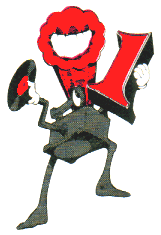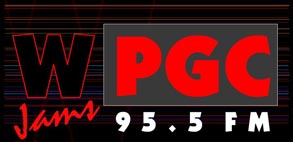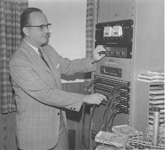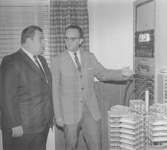
Wayne Hetrich
Contact the Webmaster
Add this site to your Favorites
![]()
Air
Personalities
Morning
Shows
News
Guys
Money
Girls
Program
Directors
General
Managers
Sales
Types
Engineers
Other
Alumni
The
Good Guys Today
Radio
Heaven
Alumni
In The News
Alumni
Speak!
![]()
A
Brief History
Newspaper
Articles
Print
Advertisements
Press
Releases
Ratings
Like You Wish!
Weekly
Playlists
Photos
- People
Photos
- Promotions
Station
Logos
Bumperstickers
![]()
Airchecks
Newscasts
Sports
Reports
Traffic
Reports
Sound
Offs!
Commercials
Promos
Sweepers
Jingles
Misc.
Audio
![]()
Beatlemania
Collectibles
Contesting
Promotions
Sales
Related
Engineering
Stuff
WPGC
Sister Stations
The
Great Strike
Market
Competition
Other
Radio Tribute Sites
Oldies
Stations Today
Legendary
Air Performers
Special
Thanks
Mailbag
Home
Server space provided by:
Click
above to hear more vintage broadcast radio airchecks from the
Reel Radio Repository.
Your tax-deductible contribution to REELRADIO, Inc. will help keep this site online
This
site is in no way affiliated with WPGC Radio
today, or with
CBS Radio, Inc.
 |
Click
above to visit WPGC today.
 |
Dedicated in memory of Jim Collins
|
Obituary Hear the obituary below as broadcast on NPR From NPR's, 'Weekend Edition Saturday', March 10, 2007
Photos
|
![]()
|
Small Print Dept.: This non-profit historical site is not affiliated in any way with WPGC Radio today or CBS Radio, Inc. Use of copyrighted material is consistent with the "fair use" provisions contained in §107 of the Copyright Act of 1976 due to the following characteristics: Use of copyrighted material is of a nonprofit, educational nature, intended for the sole purposes of research and comment and does not significantly negatively affect "the potential market for or value of the copyrighted work(s)." Use of registered trademark material is not subject to civil action or injunction as outlined in §1114 and §1125 of the Trademark Act of 1946 (the Lanham Act) due to the following characteristics of this work, and the registered marks published herein: Use of reproductions of registered marks is not for the purpose of commerce, nor is the use connected with the sale, offering for sale, or advertising of any goods or services. Use of reproductions is not likely to cause confusion, mistake, or deception as to the affiliation, connection, or association of this work with owners of published registered marks, nor as to the origin, sponsorship, or approval of this work by owners of published registered marks. Wherever possible, the copyright or registered mark owner's name has been noted near the copyrighted work or registered mark; however, all material used in this site, including, but not limited to, newspaper articles, syndicated themes, promos, commercials, photographs, playlists, press releases, ratings, airchecks, newscasts, traffic reports, sports reports, 'sound-offs', sweepers, bumperstickers and station logos, should be considered protected copyrighted material or registered mark with all rights reserved to the owner, named or unnamed. So there! |

